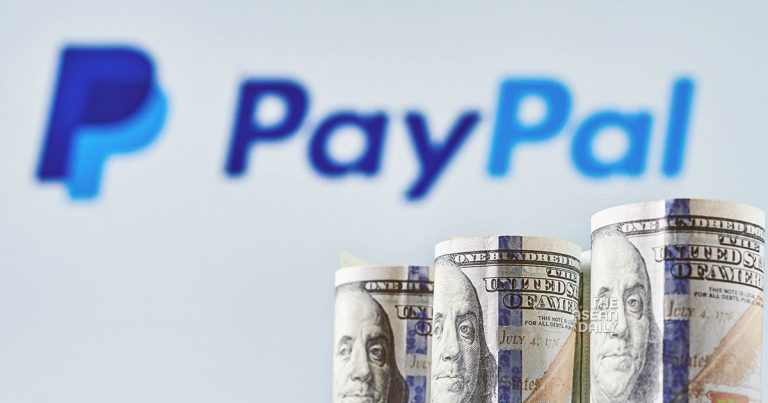21-8-2023 (WASHINGTON) PayPal’s introduction of its stablecoin is poised for success where Facebook’s attempt failed, thanks to PayPal’s strong presence in Washington and policymakers’ increased familiarity with stablecoins over the past three years.
PayPal recently announced the launch of PayPal USD, a cryptocurrency token pegged to the U.S. dollar. This makes PayPal the second major global company to introduce a stablecoin, after Facebook, now known as Meta Platforms, unveiled Libra in June 2019.
Given the challenges Facebook faced due to political opposition and regulatory hurdles with Libra, PayPal’s move may appear risky. However, experts and former officials believe that PayPal is better positioned than Facebook was. Policymakers now have a better understanding of stablecoins, which are crypto tokens linked to fiat currencies, compared to 2019. Additionally, the push for federal stablecoin regulations has increased their legitimacy in the eyes of lawmakers.
Christopher Giancarlo, former chair of the U.S. Commodity Futures Trading Commission, noted that the environment has changed significantly since Facebook’s Libra project. He explained, “Since then the administration, Congress and the Federal Reserve have had time to get their minds around stablecoins and stablecoin regulation and there has been very extensive public relations by the industry, including a lot of lobbying.”
Unlike Facebook, PayPal holds an established financial position in Washington. It spent $1.13 million on federal lobbying in the previous year and has been engaged in discussions about cryptocurrencies for several years.
Isaac Boltansky, director of policy research for brokerage BTIG, highlighted the policy distinction between Facebook’s Libra and PayPal’s stablecoin, stating that PayPal’s clear role in the financial sector is reassuring to lawmakers.
PayPal’s stablecoin, known as PayPal USD, will be issued by Paxos Trust, a digital trust company. It will be backed by dollar deposits and U.S. Treasuries and subject to oversight by the New York State Department of Financial Services.
While PayPal sees itself as a payments innovation leader and expects the stablecoin to be used for payments, the primary use is anticipated to be by U.S. customers for trading other crypto tokens on its platform.
Despite this development, some policymakers, such as Maxine Waters, have voiced concerns about launching a stablecoin without proper federal oversight. Nevertheless, the overall response from Washington has been relatively muted compared to Facebook’s Libra.
Facebook’s Libra faced significant opposition due to concerns about its potential impact on the global financial system and user privacy. Facebook eventually rebranded Libra, scaled down its ambitions, and moved the project to the United States in pursuit of regulatory approval.




